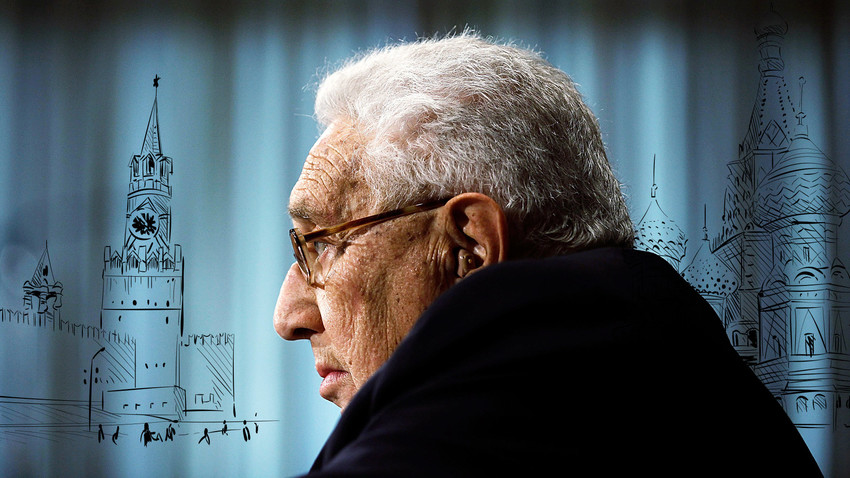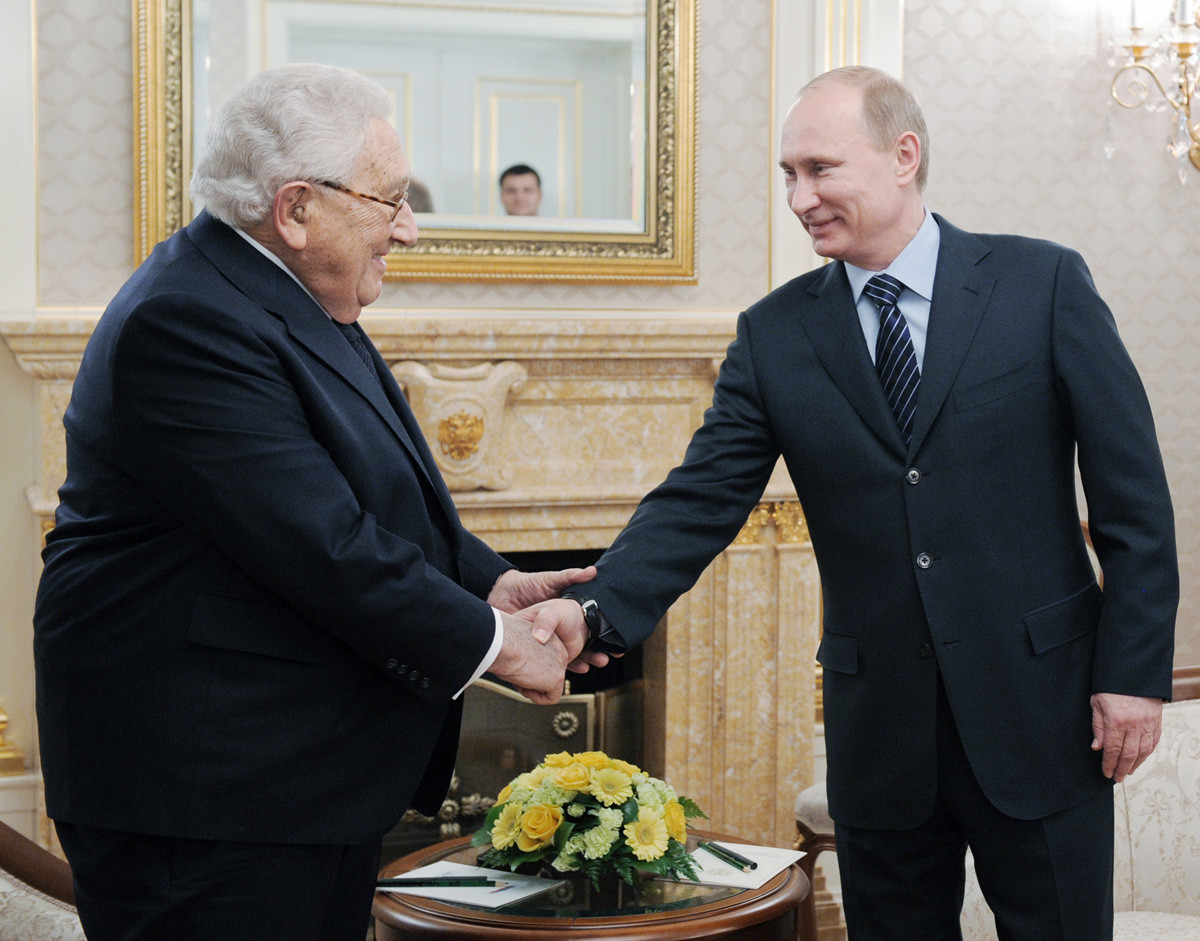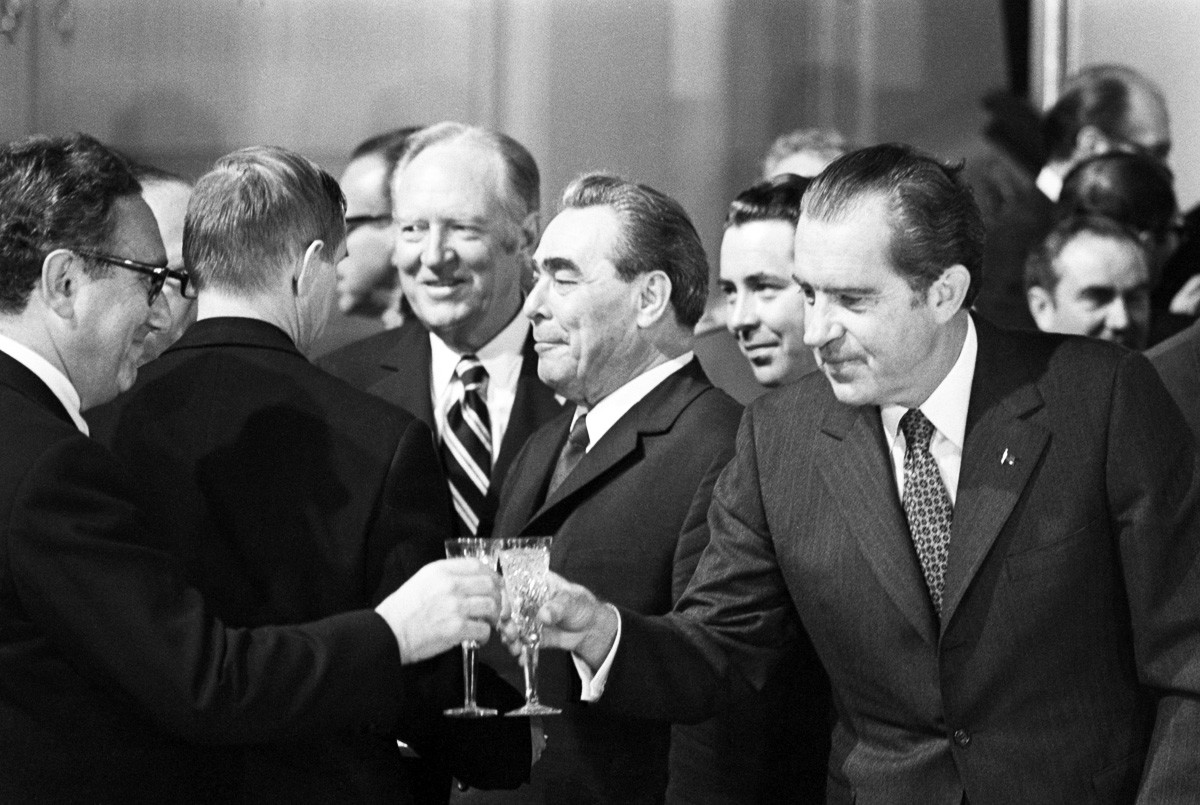Henry Kissinger: 'At critical junctures Russia has saved the world’s equilibrium'

According to Kissinger, Russia is in an eternal quest for security and status
AFP; Legion MediaOn the readiness of Russians to starve to achieve a goal
Russia was built by an elite which transported serfs to distant fields and by Tsars who proclaimed, “This
Charles XII of Sweden marched into Russia [in the early 18th century] because he thought it would be easy to install a Swedish ruler in Moscow. What he found were Russian peasants burning their own crops in order to deny food to the invaders. They'd starve themselves before they'd let him take over their country. He had marched across Europe, but he had never seen this before. His troops were forced to go south into Ukraine just to survive, where they were ultimately defeated.
On Russia saving the world
Few countries in history have started more wars or caused more turmoil than Russia in its eternal quest for security and status. It is also true, however, that at critical junctures Russia has saved the world’s equilibrium from forces that sought to overwhelm it: from the Mongols in the 16th century, from Sweden in the 18th century, from Napoleon in the 19th century, and from Hitler in the 20th century

Putin is a man with a great sense of inward connection to Russian history, according to Kissinger
Alexei Druzhinin/SputnikOn Russia trying to find its place in the world
From Peter the Great to Vladimir Putin, circumstances have changed, but the rhythm has remained extraordinarily consistent. … [Russia is] a uniquely “Eurasian” power, sprawling across two continents but never entirely at home in either. … [It has learned its geopolitics] from the hard school of the steppe, where an array of nomadic hordes contended for resources on an open terrain with few fixed borders.
On Brezhnev as Gorbachev’s forerunner
I looked at [USSR leader Leonid] Brezhnev in retrospect as a kind of forerunner of [the architect of Perestroika Mikhail] Gorbachev. … He didn't want conflict. He was eloquent in saying these things. … I think he genuinely wanted a relaxation of tension with the United States. … Unfortunately, at the time that we were in a position to proceed, then the debate evolved in the United States in which every aspect of the so-called détente became controversial… I always looked at Brezhnev as the one who really wanted to explore a relaxation of tensions, partly because the maintenance of his system had to become apparent to him by that time

US President Nixon reaches to clink his glass with that of Henry Kissinger in Moscow in 1972 with USSR leader Leonid Brezhnev in the background
Getty Images[Putin] is a character out of Dostoevsky, and he is a man with a great sense of inward connection to Russian history as he sees it, and he is a cold calculator of the Russian national interest as he conceives it and which he believes, probably correctly, has some very unique features. So for him, the question of Russian identity is very crucial because as a result of the collapse of communism Russia has lost about 300 years of its history, and so that the question of “What is Russia?” looms very large in his mind. That’s a problem we've never had.
Read here about Kissinger's vision of Russia-U.S. dialogue in the current uneasy situation.
If using any of Russia Beyond's content, partly or in full, always provide an active hyperlink to the original material.
Subscribe
to our newsletter!
Get the week's best stories straight to your inbox